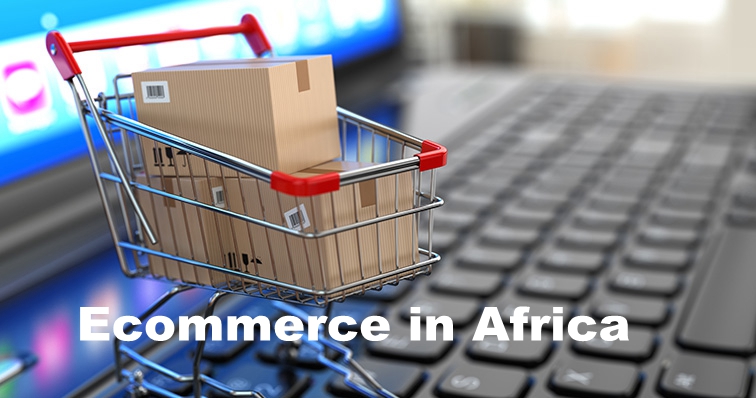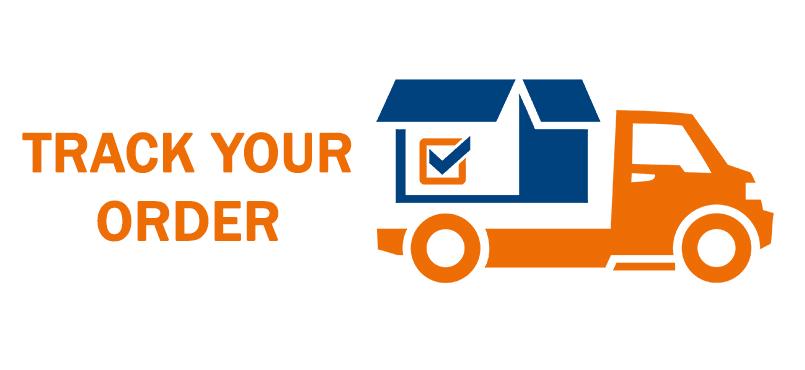S'identifier | S'inscrire
Sign in to get more opportunities
- New York, 88 Main street
- +1(929)560-0581 (the call is free)
- Lu-Di 9.00 - 18.00
- info@tiny-deals.com
- Voir sur la carte
+1(929)560-0581 Lun-Ve-9.a.m-6 p.m.
Email info@tiny-deals.com
Adresse
5 Key Factors to Consider When Starting E-commerce in Africa

Understanding E-commerce in Africa
E-commerce is one of the fastest-growing industries worldwide. However, few regions hold as much growth potential as Africa. While e-commerce adoption has lagged due to challenges like poverty, illiteracy, and inadequate infrastructure, the landscape is evolving rapidly. With increasing internet access, urbanization, and rising disposable income, Africa presents a lucrative opportunity for online businesses.
Factors Driving E-commerce Growth in Africa
1. Expanding Population
Africa's population is a significant factor in its e-commerce potential. According to the UN, the continent had approximately 1.225 billion people in 2016, making up 17% of the global population. By 2050, this number is expected to rise to 2.5 billion, accounting for 25% of the world's population. This expanding consumer base presents a massive opportunity for businesses looking to tap into the online marketplace.
2. Urbanization and Increased Spending Power
Africa is urbanizing faster than any other continent. With this shift, living standards and consumer spending power are improving. A Brookings report estimates that African consumer expenditure will reach $2.1 trillion in 2025 and $2.5 trillion by 2030, up from $1.4 trillion in 2015. As more people move to cities, access to digital payment systems, improved logistics, and higher demand for online shopping will follow.
3. Mobile Penetration
Interestingly, while only 63% of Africans have access to piped water, 93% own mobile phones. This highlights the continent's digital shift and the vast potential for mobile-based e-commerce. The growing adoption of smartphones and mobile payment solutions, such as M-Pesa, has made online shopping more accessible to millions of Africans.
How to Tap Into Africa’s E-commerce Boom
1. Develop a Strong Business Plan
A solid business plan is essential before venturing into e-commerce. Consider your niche, target audience, and competitive strategy. For example, South Africa’s digital market offers untapped potential despite existing e-commerce players. Successful platforms in the country have leveraged digital growth effectively. A well-researched plan ensures a clear roadmap for scaling your online business.
2. Choose the Right Products and Platform
Selecting the right platform is crucial for your online store. A well-designed website can significantly impact customer decisions. Moreover, partnering with reliable dropshipping suppliers like Alibaba or Chinabrands ensures a steady product supply. Understanding the needs of African consumers and offering high-demand products will increase your chances of success.
3. Optimize Warehousing and Delivery

Warehousing and delivery are critical to e-commerce success. Efficient logistics ensure timely delivery, maintaining customer trust and satisfaction. Many top e-commerce sites in South Africa have invested in strong warehousing and distribution systems to support their operations. Given the logistical challenges in some African countries, partnering with trusted delivery services can enhance efficiency and reliability.
4. Identify the Best E-commerce Platforms
The platform you choose plays a significant role in reaching potential customers. Here are some of the top e-commerce platforms in Africa:
- Jumia: Operating in 14 African countries, Jumia serves over 1.2 billion consumers, with 81,000 active sellers and 29 million listed products.
- Konga: Founded in 2012, Konga became the first African marketplace to integrate with global banking systems.
- Kilimall: This Kenyan-based online mall has expanded to Uganda and Nigeria, offering gadgets, home appliances, fashion, and more.
- Shopify: While Shopify is a global platform, it has gained traction in Africa, especially in South Africa.
- Facebook Marketplace: With over 2.3 billion monthly users, Facebook Marketplace provides an accessible way to reach African consumers. Many small businesses use the platform to connect directly with buyers in their local areas.
5. Best Products to Sell Online in Africa
Selecting the right products is crucial for e-commerce success. Here are the top-selling categories:
- Phone Accessories: Given Africa’s high mobile phone penetration, accessories like chargers, batteries, and earphones have strong demand.
- Electronics and Computers: A study by Bidorbuy found that these items are among the best-selling products in South Africa.
- Fashion Items: The demand for clothing, shoes, and accessories is high due to Africa’s growing middle class.
- Kitchen Appliances: With a strong food culture, kitchen gadgets and appliances are always in demand.

- Beauty and Personal Care Products: African consumers are increasingly investing in skincare and beauty products, making this a profitable niche for online sellers.
How to Dropship Kitchen Products Online?
Expert Tips for E-commerce Success in Africa
Partner With Local Logistics Providers
Africa’s address system can be inefficient, making deliveries challenging. Collaborating with local delivery services can streamline logistics and improve customer experience. Companies like DHL Africa and Sendy offer tailored solutions for e-commerce businesses.
Build Trust With Secure Payment Methods
Scams remain a major concern for African consumers. To build trust, consider using secure third-party payment services and offering cash-on-delivery (COD) options. However, COD can lead to issues like order cancellations and theft, so balancing multiple payment options is ideal.
Leverage Social Media for Marketing
Social media platforms like Facebook, Instagram, and TikTok are widely used across Africa. Businesses that effectively market their products through these platforms often see higher engagement and conversions. Running targeted ads and engaging with potential customers can boost brand awareness and sales.
Conclusion
E-commerce in Africa is a promising venture with immense growth potential. By developing a solid business plan, choosing the right platform, and selecting profitable products, you can successfully establish your online business. Additionally, addressing logistical challenges, securing reliable payment methods, and leveraging social media marketing will enhance your chances of success. Following these insights will give you a competitive edge and increase your chances of long-term growth in Africa’s booming digital marketplace.
Aucun post trouvé
Ajouter un avis- New York, 88 Main street
- +1(929)560-0581 (the call is free)
- Lu-Di 9.00 - 18.00
- info@tiny-deals.com
- Voir sur la carte




